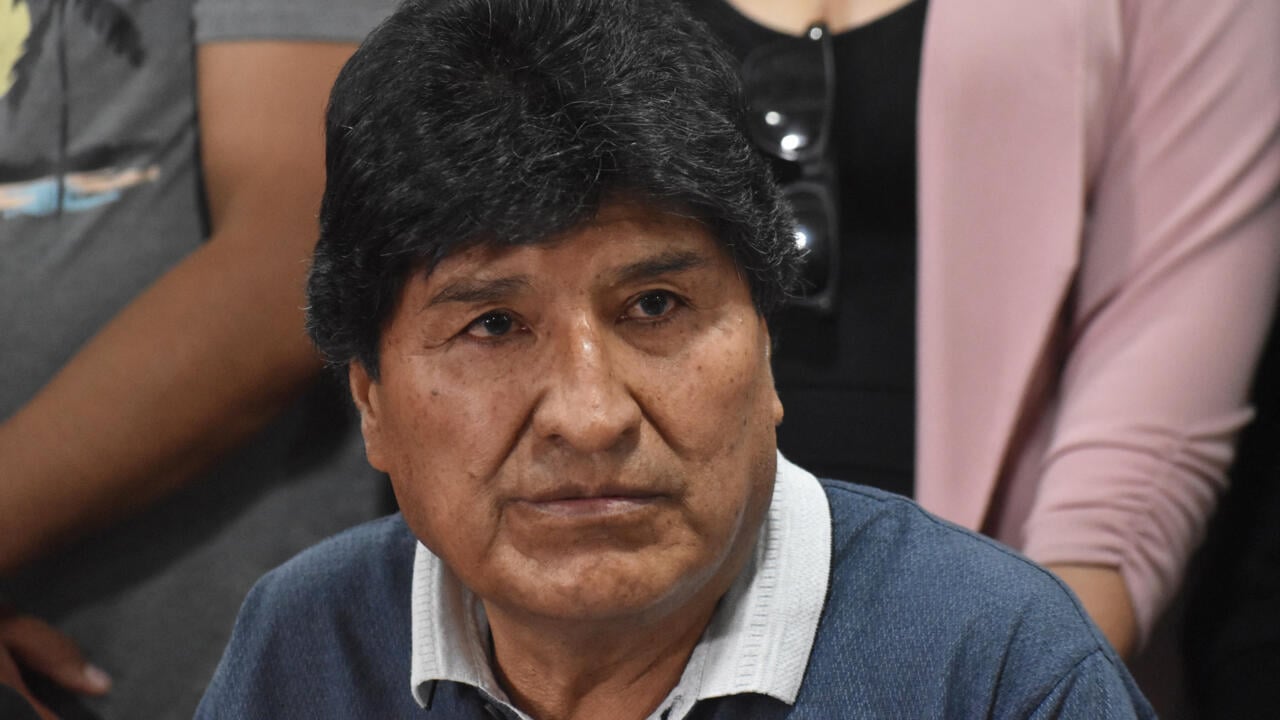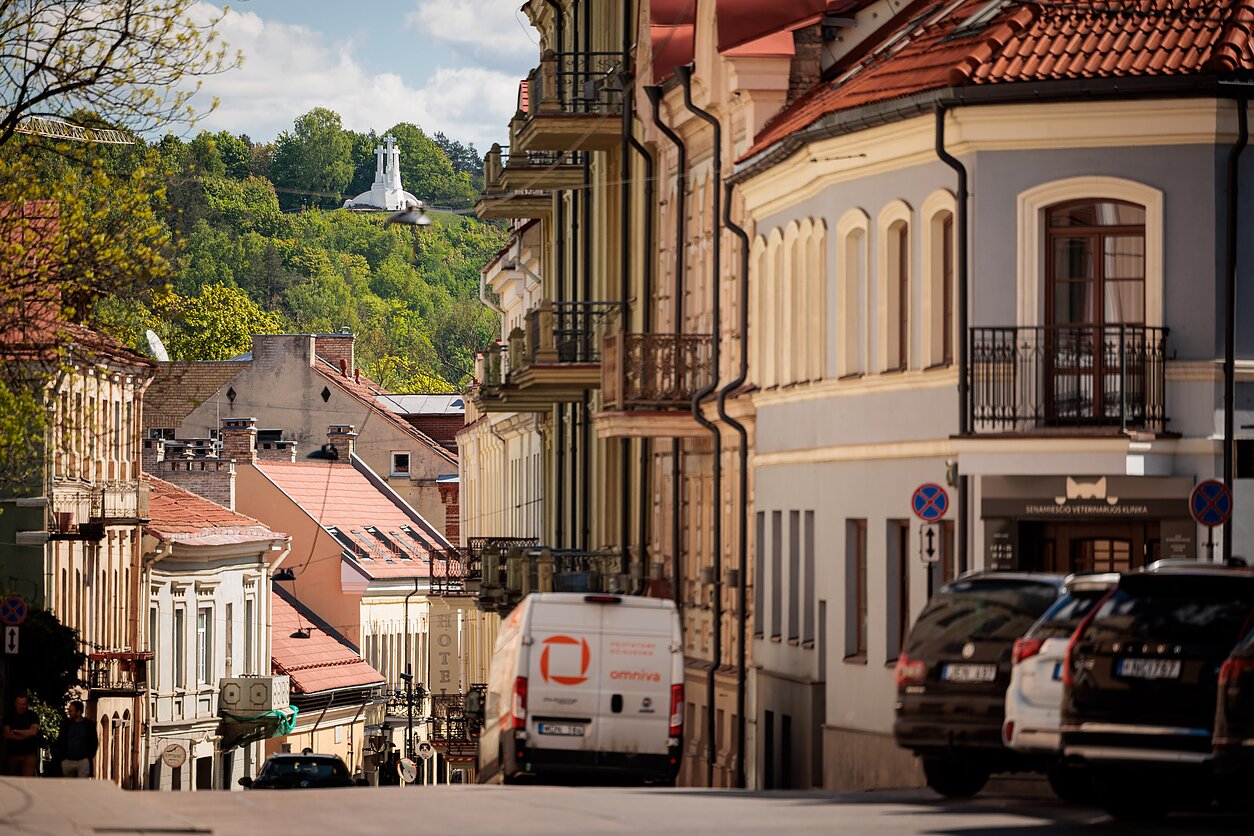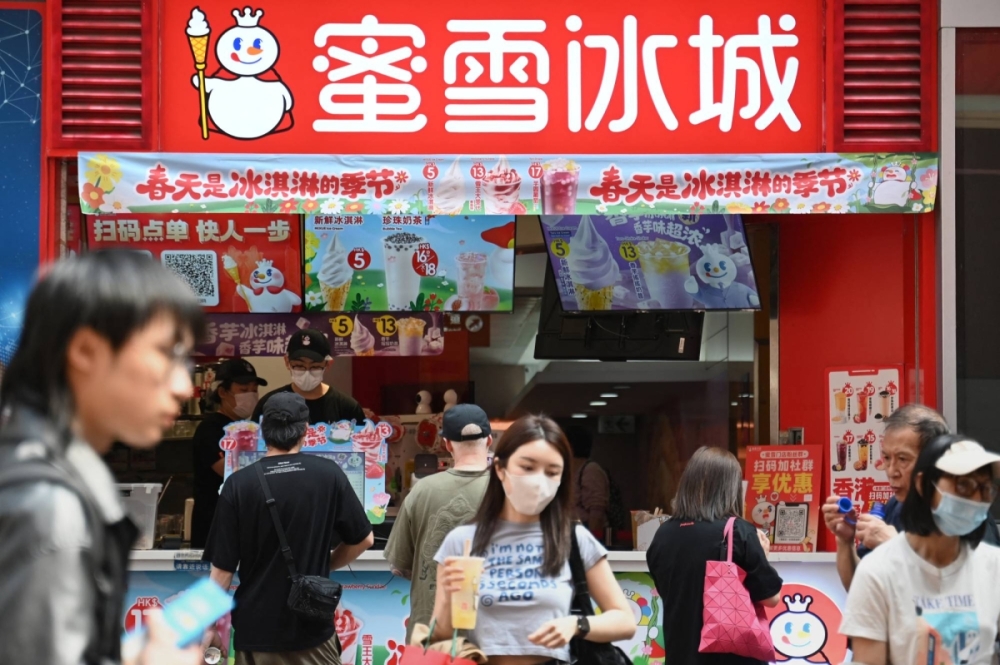La Paz, June 10, 2025 — Bolivia’s Attorney General, Roger Mariaca, has officially opened an investigation into former president Evo Morales, accusing him of “terrorism, public incitement to crime and attacks on the security of public services.” The charges stem from allegations that Morales orchestrated road blockades following his disqualification from the upcoming August 17 presidential election .
Roadblocks Spark Crisis
Supporters of Morales, Bolivia’s first Indigenous president and a dominant political figure for over a decade, reportedly set up major roadblocks on critical supply routes to La Paz. The obstructions allegedly disrupted the flow of food, fuel, and essential goods, inflicting daily economic losses estimated at up to US $150 million . The unrest intensified tensions in the capital and led to violent confrontations between protesters and police, resulting in injuries to some 30 officers.
A leaked audio recording, purportedly featuring Morales urging agricultural communities to initiate the protests, has become a central piece of evidence. Morales’ campaign has claimed that the recording is a counterfeit, created using artificial intelligence .
Legal and Political Context
Authorities filed the case under anti-terror legislation, which carries a prison sentence of 15 to 20 years in Bolivia . In addition to the terrorism allegations, Morales is also reportedly facing accusations relating to the trafficking of a minor, stemming from an alleged relationship with a teenager during his presidency in 2015.
Morales, who was barred from contesting the election by the Constitutional Court, had served 13 consecutive years in office before resigning amid controversy in 2019. Under Bolivian law, presidential terms are limited to two; Morales previously secured exceptions to remain in power .
Public Reaction & Political Fallout
Despite these mounting charges, Morales retains substantial support among Indigenous and rural voters. Recent protests calling for his reinstatement on the ballot have morphed into broader demonstrations against the government of current President Luis Arce, calling his handling of the country’s economic crises into question .
Bolivia continues to grapple with shortages in currency, fuel, medicine, and food—a backdrop that has intensified public anger. The protests have triggered calls for Arce to step down, and the president has since said he will not seek re-election, though his future remains uncertain .
In response to the investigation, Morales has claimed the charges are politically motivated, part of a broader strategy of judicial persecution aimed at suppressing opposition. In an interview with AFP, he vowed to continue his political struggle and refused to back down on his aspirations to return to power .
Broader Implications
The move to label Morales’ actions as terrorism highlights a deepening political crisis in Bolivia, posing concerning questions for the country’s democracy:
Polarization and governance: The renewed tension between former and current leadership underscores the fragility of Bolivia’s political consensus.
Rule of law and politicized justice: Critics fear the case could be used to stifle opposition voices.
Social unrest and economic instability: With key supply routes blocked, Bolivia risks slipping into deeper humanitarian and economic distress.
What Comes Next
Judicial proceedings: Morales may face a lengthy investigation, risking arrest and trial under anti-terrorism statutes.
Political mobilization: His supporters are likely to intensify demonstrations, potentially leading to more confrontations.
Economic consequences: Continued disruption to markets and supply chains may exacerbate the hardships faced by ordinary Bolivians.
This investigation places Bolivia at a critical crossroads: choosing between democratic principles or prosecutorial retaliation in political disputes. The outcome could significantly affect Bolivia’s stability and international standing.
Source: BSS News



